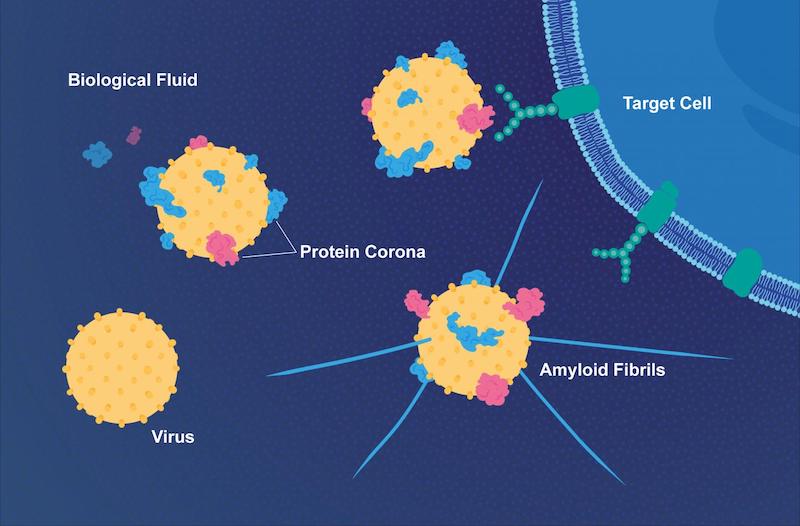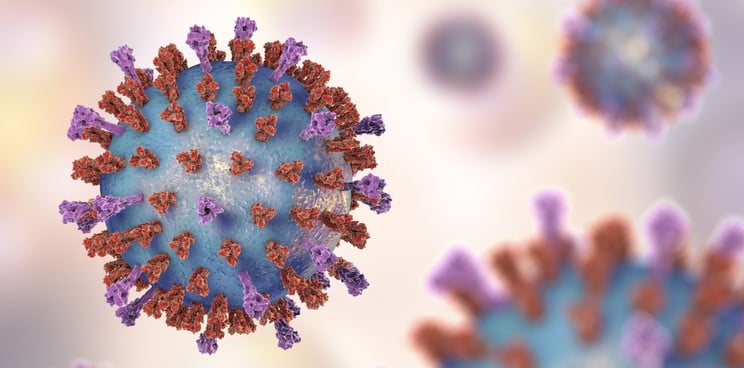Newsletter Signup - Under Article / In Page
"*" indicates required fields
Scientists in Sweden have found that some viruses can increase the buildup of protein ‘plaques’ linked to Alzheimer’s disease, a discovery that could lead to new vaccines treating the condition.
According to Kariem Ezzat, one of the lead researchers based in Stockholm University, the group is looking for industrial collaborators to develop vaccines against viruses linked with Alzheimer’s disease, including herpes simplex virus type 1. These vaccines could especially help elderly patients with a high risk of the neurodegenerative condition.
The research, published in Nature Communications, revealed that some viruses are linked to Alzheimer’s because the viruses are ‘sticky’ — their surface is able to interact with human proteins in the blood and other fluids. According to the study, the viruses can accelerate the progression of Alzheimer’s disease in mice by making the protein amyloid beta more likely to aggregate into ‘plaques’, which are widely considered a major hallmark of the disease.
Alzheimer’s disease has always been a fiendishly difficult condition to treat. Although there were over 400 clinical trials carried out for the condition between 2002 and 2012, available treatments are still unable to stop or delay its progression. Many late-stage clinical programs targeting amyloid beta have failed, the most recent being a phase III trial abandoned by Biogen back in March.

In spite of the problematic history of Alzheimer’s disease treatments, Ezzat is confident that viral vaccines can provide a new avenue. “Controlling the catalytic effects of the virus on amyloid aggregation is probably as important as targeting the amyloids for clearance by antibodies,” he told me. “And that is why we are working on novel vaccine designs.”
Even without a potential role in Alzheimer’s disease, many viral infections are hard to treat or prevent with vaccines. The group’s research into the proteins stuck to viruses, called the ‘corona’, could therefore be very useful in reducing the burden of these viral infections.
“Many viruses such as respiratory syncytial virus, herpes simplex virus type 1, and HIV have no vaccines available, and other vaccines give very weak protection, such as the influenza vaccines,” Ezzat told me. “We think that not taking the viral protein ‘corona’ into consideration might be among the reasons why it has been difficult to develop good vaccines for these viruses.”
Images from Shutterstock
Are you interested in respiratory disease R&D?







